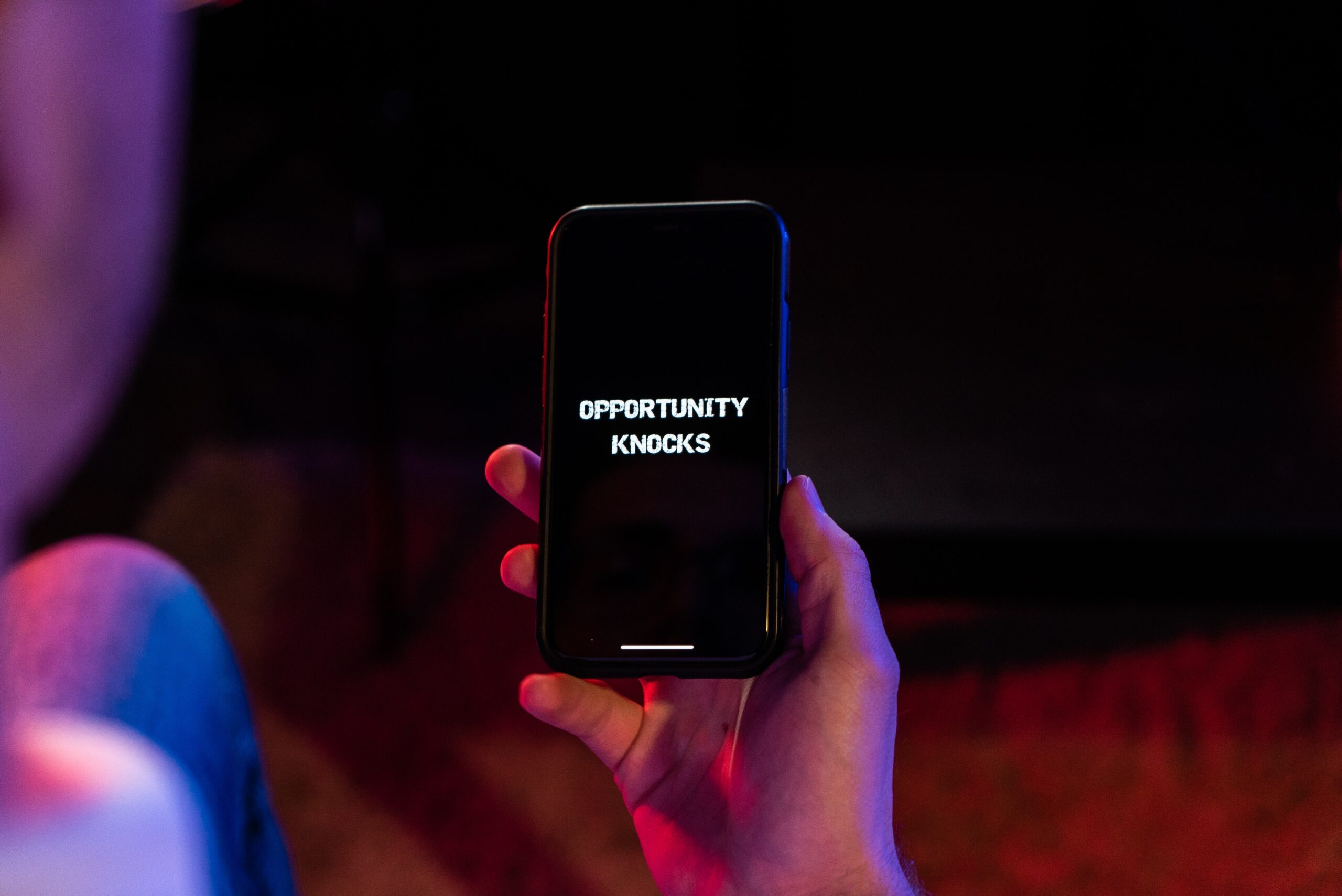Welcome to part 3 of our dive into the metaverse. In part 1, we covered what the metaverse is and how it changes the social media landscape. Part 2 explored what it means for brands, consumers, and society. Today, we’re looking at the metaverse’s impact on marketing overall, including changes for influencers and brands.
Metaverse is defined as, “a virtual-reality space in which users can interact with a computer-generated environment and other users.”
Brands Can Leverage the Metaverse to Build Deeper Connections
With its immersive qualities, brands can leverage the metaverse to build deeper connections with consumers and boost loyalty. Metaverse activities can encourage people to engage physically, such as standing to ride a surfboard after sipping a Corona beer, further deepening the connection with brands.
Additionally, interactions in the metaverse enable brands to gather more expansive insights by monitoring details such as what users look at the longest. By gathering and analyzing these deeper insights into consumers’ preferences, brands can drive improvements in product development as well as advertising.
Furthermore, the metaverse also removes geographic boundaries. Virtual events, such as concerts, enable hospitality brands to expand their potential customer base to the entire world.

Opportunities & Threats for Influencers in the Metaverse
Influencers can benefit from many of the same advantages the metaverse bestows on brands and consumers, including the ability to build deeper connections and engage with consumers worldwide and be ‘present’ anywhere at any time, joining their communities in a range of events in the Metaverse for example – something that in the real world would be absolutely impossible.
Influencers should embrace this amazing opportunity and allow their imaginations to run wild. Take the best of you and amplify it as your digital avatar. Engage with your audience in any way that you find thrilling, such as flying over the forest. Promote products not only in new ways, but offer entirely new types of promotions, including new digital goods and events.

The metaverse lets us be anywhere, at any time, and offer anything, so dream big.
Virtual influencers are already growing in popularity, with the richest virtual influencer, Lil Miquela, reportedly earning 10 million Swiss Francs a year. But in the metaverse, all users participate as avatars, eliminating the distinction between traditional and virtual influencers. Without this point of differentiation, current influencers may have additional difficulties competing with CGI Influencers.
In an interesting twist, existing virtual influencers are now facing competition from brands, who are launching their own computer-generated avatars. Additionally, virtual influencers will need to tackle new challenges, such as character management if they choose to interact live with fans in the metaverse.
Although NFTs (Non-Fungible Tokens) are already being sold on existing social media platforms, interacting in a virtual world should increase demand for NFTs, presenting influencers and brands alike with an opportunity to increase revenue.
Growing Chasm Between Engaging & Annoying Advertising
In part 1, we stated that the chasm between the metaverse and other platforms will be a much larger distinction than the current differences between Facebook, Instagram, and TikTok. We expect to see yet another chasm within the metaverse itself: between modern and legacy advertising.
The metaverse can change advertising dramatically. Rather than being concerned with having nice banners, brands need to change their game completely. One early innovation is Justin Bieber’s partnership with entertainment company Wave to provide an interactive, virtual event merging gaming, real-time motion capture, and live musical performance. General Mills introduced a new way to tailgate with the launch of the virtual “homegate,” which brings the gameday excitement straight to fans at home, through an interactive virtual kitchen and backyard.
In the metaverse, advertising can be more thrilling and exciting. TikTok advises, “Don’t make ads. Make TikToks.” Similarly, rather than making ads in the metaverse, brands should make immersive experiences. With limitless options, things that were the pure domain of science fiction and fantasy can come to life. Yes, it’s a “virtual” life, but users can experience these collaborations.
We hope that more marketers will go in a different direction and embrace these new opportunities to create value. Give your audience immersive experiences instead of stalking them with text to read.
- PREDICTION: Brands will be challenged with accepting the opportunity to provide something better. Innovative brands can rise above competitors and build customer loyalty, even brand love.
An Escape from Phobias
This freedom could also enable users to escape the burden of phobias. People with fears of social interaction could overcome their anxiety and engage socially in new ways. Likewise, common phobias such as heights, public speaking, or spiders may have less power to constrain interactions. Perhaps the opportunity to ride a giant spider galloping along a cliff’s edge can help reduce the power of phobias upon returning to reality. We’ll stop short of making a prediction, but it’s an interesting theory to ponder.

Brands Dream Along with Consumers as Partners
The metaverse enables people to be whoever they want to be and do anything – all without having to face their fears or doubts. Many social media users portray a carefully curated life that doesn’t accurately reflect their personal reality. The metaverse enables people to continue this practice while inhabiting their online persona more deeply. In the metaverse, users can become who they fantasize they could be, while abandoning the awkwardness of pimples or bad hair days.
- PREDICTION: The freedom the metaverse provides will be very popular, particularly with young people. Savvy brands will embrace this creative freedom, with offerings such as NFTs for unique clothing and accessories.
As Meta CEO Mark Zuckerberg wrote, “the metaverse will not be created by one company.” Brands, along with consumers, influencers, and tech companies, all have the opportunity to contribute to the development of the metaverse. Forward-looking brands should start thinking now about who they want to be in the metaverse. Brands have the potential to shape consumer experiences, progressing toward the goal of having consumers see your brand as part of their lives.
- PREDICTION: Winning brands will dream along with consumers and become their partner in helping them achieve the metaverse identity they want. In doing so, they’ll build even stronger relationships both within and outside of the metaverse.
Influencers in the Metaverse
Influencers must also consider who and what they want to be. In the metaverse, there are no limitations based on what you were born with. Influencers have the freedom to stick with the identity they’ve already developed on legacy social media platforms or build an entirely new one. Influencers could exist with only a digital persona, and never reveal their actual identity in the real world.
The explosion of options for everyone results in more opportunities for creative influencers, as well as increased competition, making it tougher to stand out. These decisions can also be made repeatedly, as influencers could create multiple avatars and compete with themselves.

Like brands, influencers must also reevaluate who they want to be and how they will add value to followers and brands. They will have to decide how to interact with their communities and how to exert real-world influence in the digital world.
- PREDICTION: Similar to today, strictly digital influencers will exist, and some may gain great popularity. However, authenticity will reign, and most influencers will retain their same real-world identity.
The Metaverse is considered the next milestone in digital transformation – contact Kingfluencers to learn how your brand can benefit from using virtual reality.
Author: Megan Bozman, Owner @Boz Content Marketing

